What are These Habits
Dove hunting is a popular sport that requires skill, patience, and respect for the environment. However, there are some bad habits that many dove hunters may develop over time. These habits can not only be detrimental to the hunting experience but also to the environment and the overall success of the hunt. Here are five bad habits of dove hunters and how to fix them.
Shooting at Low Flying Birds
One common bad habit among dove hunters is shooting at birds that are flying too low. This can be dangerous and unethical, as it can result in wounded birds that may suffer needlessly. To fix this bad habit, hunters should practice patience and wait for birds to fly at a safe and ethical distance before taking a shot. Additionally, hunters should always be aware of their surroundings and avoid shooting in the direction of other hunters or property.
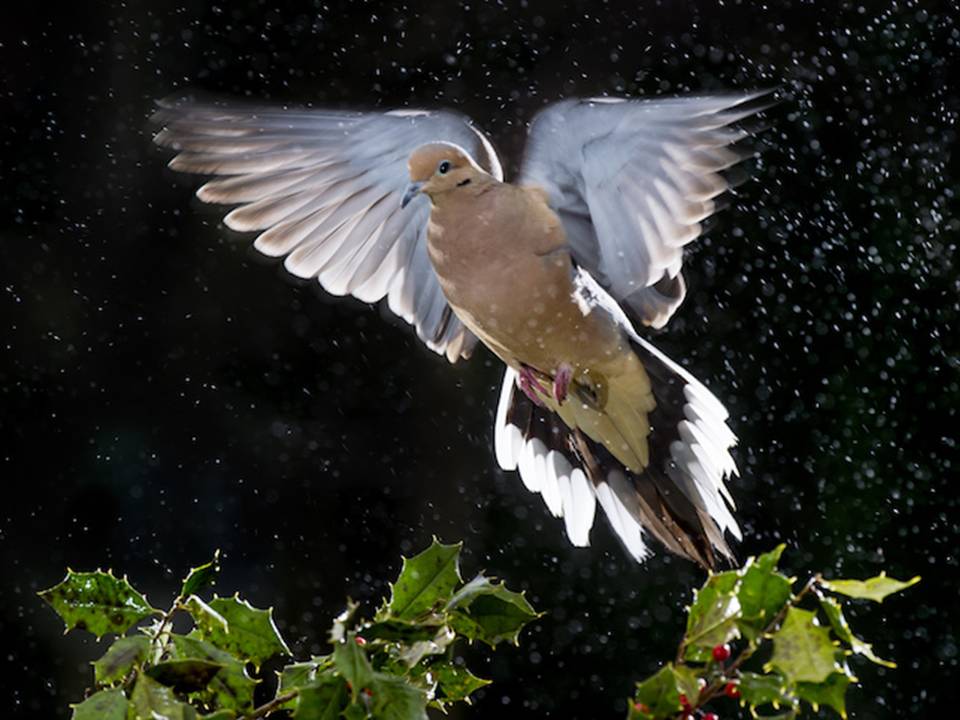
Not Picking up Spent Shells
Another bad habit of dove hunters is leaving spent shells scattered around the hunting area. Not only is this unsightly and disrespectful to the environment, but it can also be harmful to wildlife and other hunters. To fix this bad habit, hunters should make it a point to pick up their spent shells and properly dispose of them in a designated trash receptacle. This simple act of responsible gun ownership can go a long way in preserving the hunting environment for future generations.
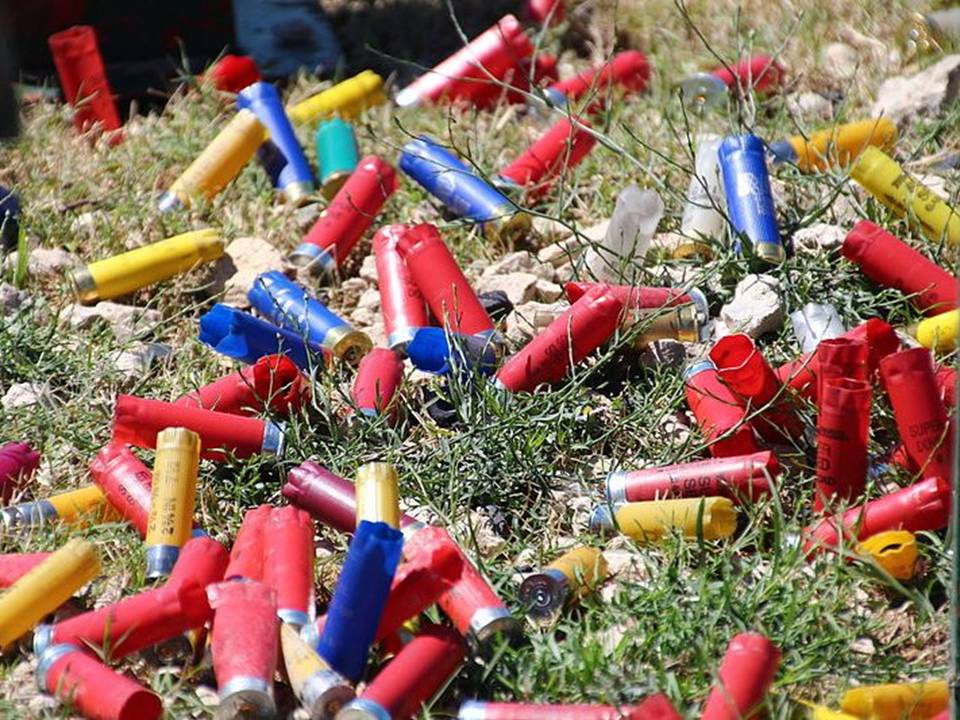
Overcalling
Some dove hunters have a bad habit of overcalling, which can be counterproductive and scare away potential birds. Overcalling can also be disruptive to other hunters in the area. To fix this bad habit, hunters should practice restraint and use calls sparingly. It's important to remember that doves have keen hearing and can be easily spooked by excessive noise. By using calls strategically and sparingly, hunters can increase their chances of attracting birds and having a successful hunt.
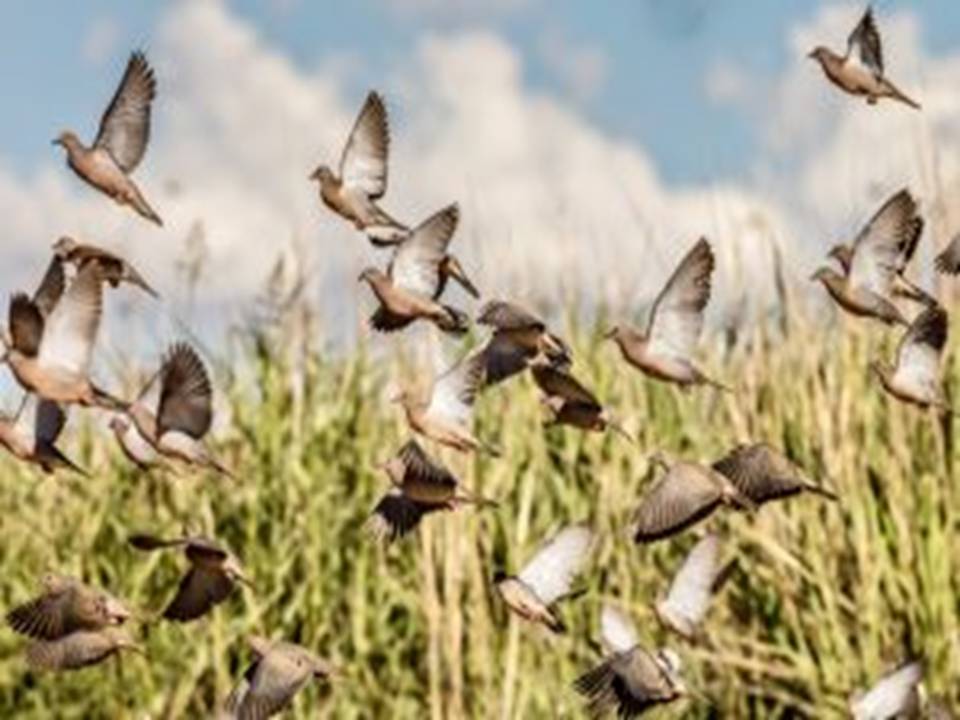
Not Scouting The Area
Many dove hunters make the mistake of not scouting the hunting area before the hunt. This can lead to missed opportunities and frustration during the hunt. To fix this bad habit, hunters should take the time to scout the area for potential roosting and feeding areas. By observing the behaviour and patterns of the doves, hunters can better position themselves for a successful hunt. Scouting can also help hunters identify potential hazards and obstacles in the area, allowing them to hunt safely and effectively.
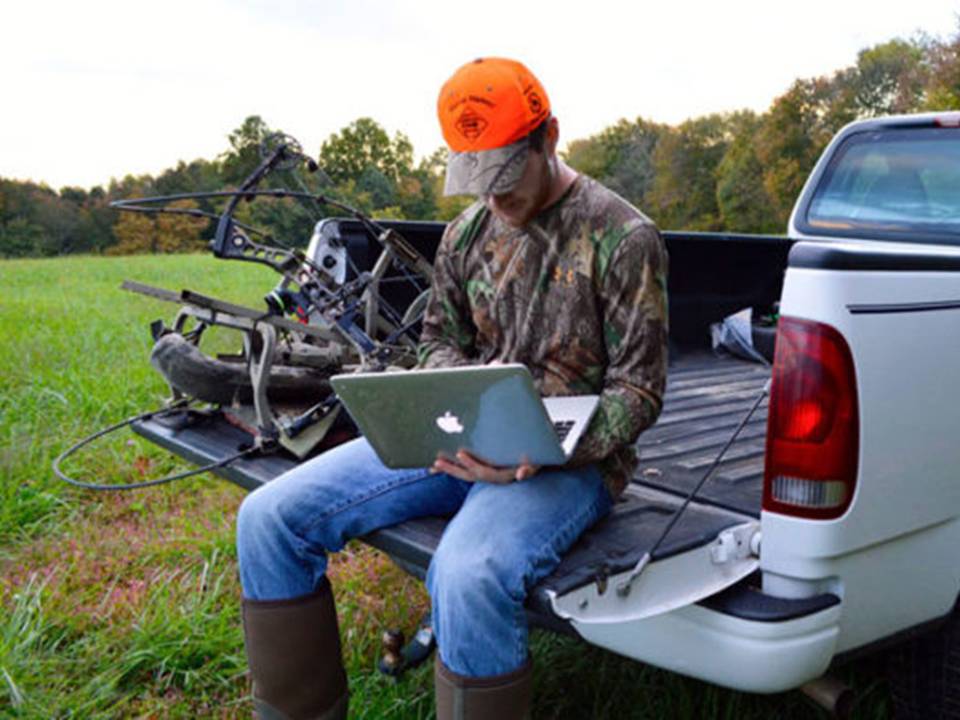
Ignoring Safety Precautions
One of the most important bad habits to avoid as a dove hunter is ignoring safety precautions. This can include not wearing proper eye and ear protection, not following proper gun safety protocols, and not being aware of other hunters in the area. To fix this bad habit, hunters should always prioritize safety and follow all recommended safety precautions. This includes wearing appropriate protective gear,
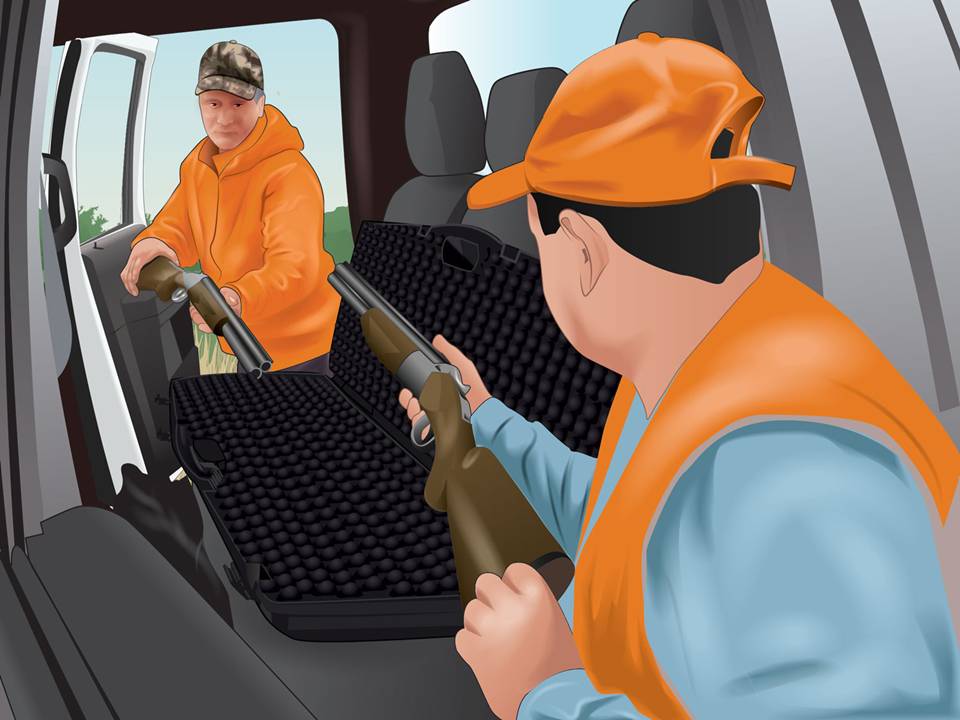
being aware of their surroundings, and communicating with other hunters in the area. By prioritizing safety, hunters can ensure a safe and enjoyable hunting experience for themselves and others.
A Challenging Sport That Requires Skill
In conclusion, dove hunting is a rewarding and challenging sport that requires skill, patience, and respect for the environment. By avoiding these bad habits and following the recommended solutions, hunters can improve their hunting experience and contribute to the overall success and sustainability of dove hunting. It's important for hunters to be mindful of their actions and considerate of the environment and other hunters in the area. By practicing responsible and ethical hunting habits, hunters can enjoy a fulfilling and enjoyable dove hunting experience.


